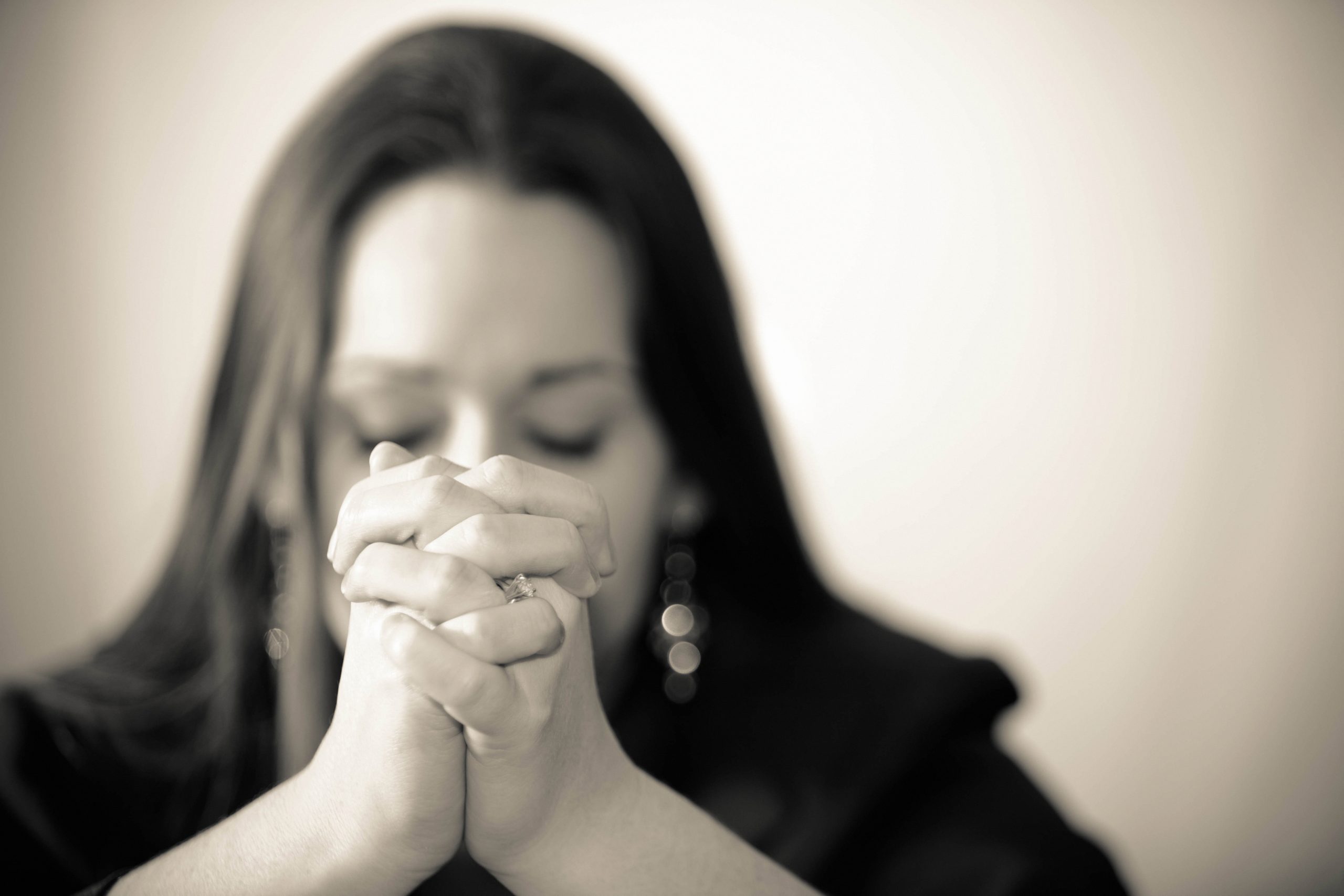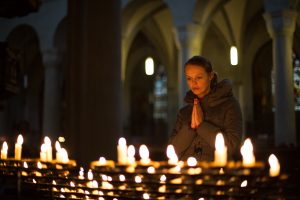
Good Grounds for Hope in Solitude
September 14, 2023

A quick google search of the question, “What do people fear most” reveals a plethora of studies along with a vast diversity of results: bears, public-speaking, blood, heights, going to the dentist. On another level, the fear of loneliness is up there at the top, whether it shows up precisely with this word or in some related form such as fear of rejection or of loved ones getting sick and dying etc.
We know, for instance, that prison is itself already a terrible prospect, but solitary confinement is worse still. Moreover, I remember listening to Fr. Gabriel Amorth (who at the time was the head exorcist of Rome), recount how he once heard the devil being asked during an exorcism session whether people who commit mortal sins together will therefore be with each other in hell. “Fool”, the devil responded, “there is no fellowship in hell.” If hell indeed involves being left utterly alone, then there’s no surprise that heaven is the extreme opposite: communion with God, communion with the angels and communion with other human persons.

Now here’s the context to keep in mind about original communion; original solitude somehow comes first. We’re capable of entering into a loving relationship of communion with others precisely because we are distinct from any other person. Since I’ve been fashioned in God’s image, possessing an intellect and will, I am unique and unrepeatable. Nobody and nothing can function in my place. I am capable of making free choices that will shape my destiny. My freedom needs to be respected by others, just as God does. Other people quickly enter into the equation because my free will can and should involve acts of love for others. But let’s not lose perspective of original solitude.
Pope St. John Paul II teaches that God puts Adam to the test by having him name the animals. Adam realizes that he is distinct from all the other animals and thus “alone” in the world. That’s the negative essence of original solitude. The positive sense has to do with our innate human capacity to be in relation with God.

For His part, Our Lord is always present to us. It might be easy to forget about this because He is invisible, but we are never alone, ever. We’re not talking about a distant kind of God who in every moment observes us from afar, keeping tabs on whether we’re being naughty or nice. He abides in the deepest center of my soul, knowing me better than I know myself.
The Psalmist acknowledges, “LORD, you have probed me, you know me” (Ps 139:1) and then almost seems to protest, “Even before a word is on my tongue, LORD, you know it all. (…) Where can I go from your spirit? From your presence, where can I flee?”
(Ps 139:4,7).

We need to let our awareness be penetrated by such a wonderfully comforting truth as God’s ever-presence with each one of us in the deepest recesses of our being. What a cause for hope! Why? Because if there was the possibility of fooling God by pretending to be better than we are and getting into heaven by faking it, then we would certainly have cause to be nervous about keeping up appearances and practicing deceptive self-justification. We would always be anxious that He might “find us out.” But if the Lord can see into the darkest parts of my soul, where even I fear to tread, and love me still, then my role in my eternal salvation becomes simplified and accessible. I just need to keep acknowledging my faults, repent, and turn back to Him continuously for His guidance and help, which He graciously and willingly offers. God is not afraid of sin. After all, He is my Creator and Redeemer, loving me unconditionally from all eternity.
I am beloved no matter what I have done or may do, and I am never, ever alone. God is always with me, and will take care of me, if only I would entrust myself into His loving hands. St. Teresa of Jesus puts it like this, as quoted by the Catholic Catechism n.227:
“Let nothing trouble you. Let nothing frighten you. Everything passes. God never changes. Patience obtains all. Whoever has God wants for nothing. God alone is enough.”
I am alone with God and He is enough for me.

Written by,
Dr. Joan Kingsland*,
Fellow & Theological Consultant
for Ruah Woods Institute
*Joan Kingsland SThD, has been a member of the Society of Apostolic Life, the Consecrated Women of Regnum Christi since 1993. She earned licentiate and doctoral degrees in moral theology at the John Paul II Institute for Marriage and the Family in Rome, as well as a Bachelor of Arts degree from Thomas Aquinas College, and a Master of Arts degree from the Pontifical Institute of Medieval Studies at the University of Toronto. She taught moral theology and Catechetics at Mount St. Mary’s Seminary in Cincinnati from 2016-2018, moral theology at Mater Ecclesiae College in Rhode Island from 2006-2015, and Catholic Faith Formation, grades 5-10 at the Highlands School in Dallas, Texas from 2002-2006. During the academic year she resides in Rome and teaches the Social Doctrine of the Catholic Church at Regina Apostolorum Seminary, and in the summer returns to Cincinnati to work in person at Ruah Woods Institute to help in developing curriculum, training, and formation for educators K-12 to become witnesses and passionately understand and teach Theology of the Body to their students.
Share